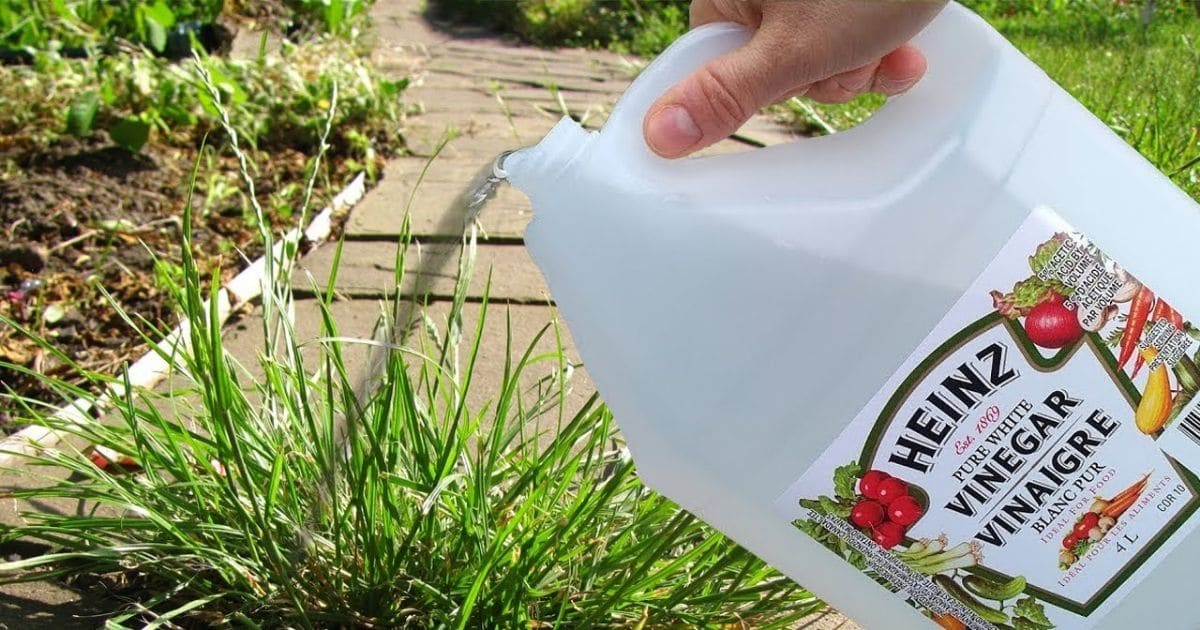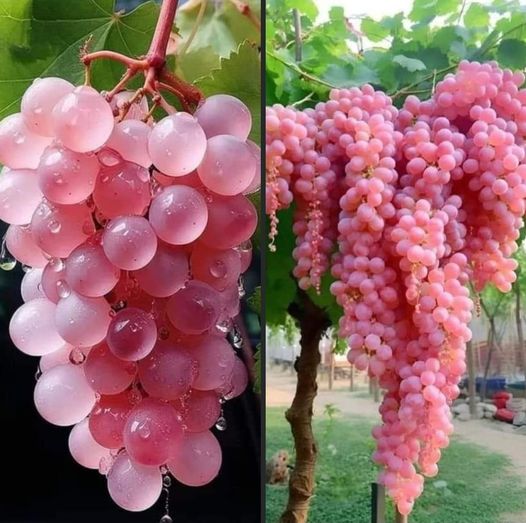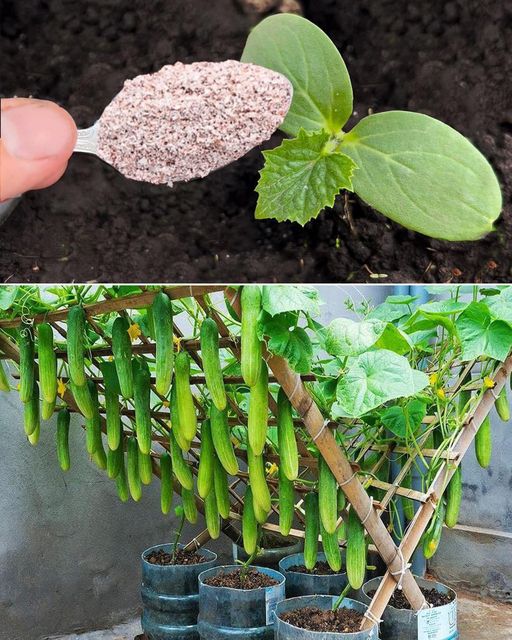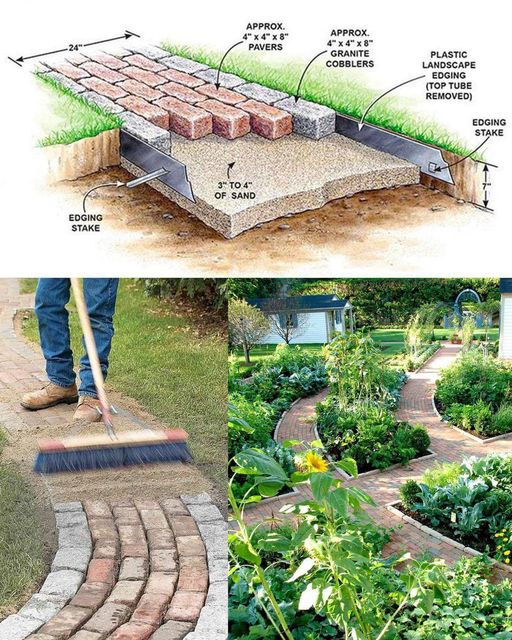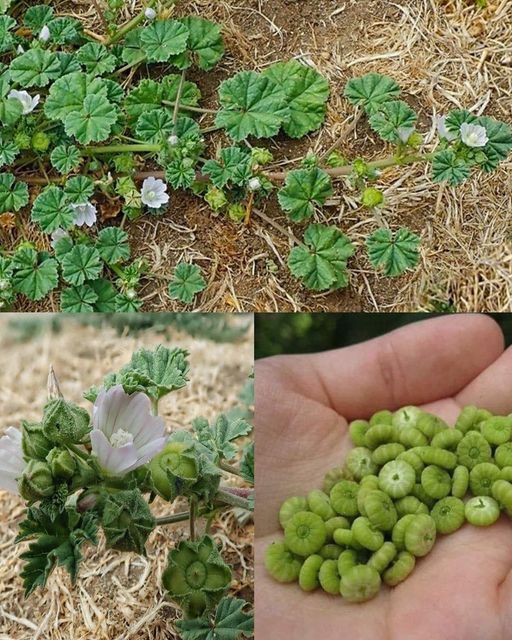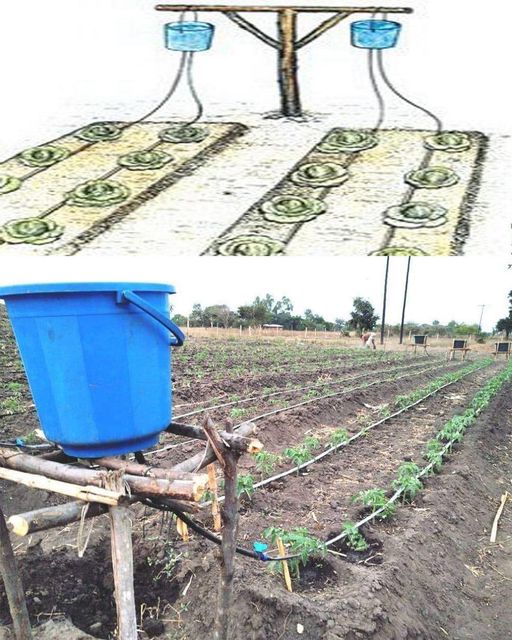
You may be surprised to learn that vinegar, the kitchen staple, has incredible benefits for your garden. Not only is it a natural and cost-effective solution, but it can also promote the growth and health of your plants. Let’s dive deeper into how vinegar can be used in your garden and unleash its full potential.
Vinegar is not just for culinary use, it can also work wonders for your garden. Unlike commercial solutions, vinegar is a natural product that is both safe and affordable. No more worrying about harmful chemicals or spending a fortune on expensive alternatives.

The secret behind vinegar’s effectiveness lies in its acetic acid content. This natural substance mimics the reactions that occur in our bodies and can deliver impressive results when used on plants. For instance, certain plants like rhododendrons and azaleas flourish in acidic soil. By adding a cup of vinegar to four liters of water and applying it to the soil, you can create the perfect environment for these plants to thrive.
One of the most notable uses of vinegar in gardening is its ability to eliminate fungi from plants. Just like baking soda, another affordable and versatile ingredient, vinegar can effectively combat fungal growth. However, vinegar works differently by lowering the pH level and creating an acidic environment that is unfavorable for fungi to multiply. Simply dilute a tablespoon of vinegar in two liters of water, apply the solution to the leaves twice a week and after rain showers, and watch as the fungi disappear.
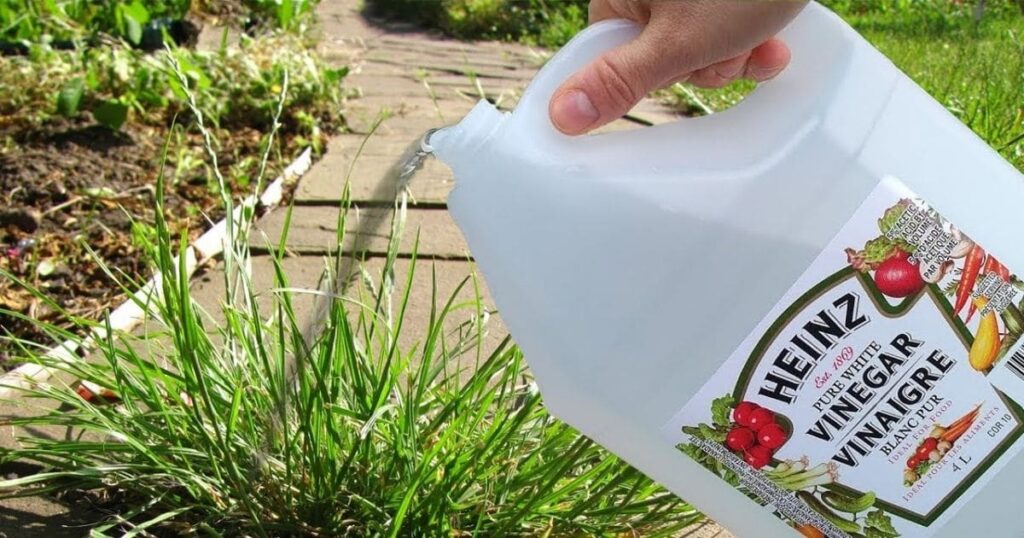
Did you know that vinegar can also act as a fertilizer for potted plants? Mix two tablespoons of apple cider vinegar with three liters of water, transfer the solution to a spray bottle, and generously spray your plants. The results will exceed your expectations as your plants receive the nourishment they need to thrive.
Vinegar possesses the remarkable ability to lower the pH level of the soil, making it more acidic. This makes it ideal for plants that require an acidic environment, such as azaleas, roses, lavender, blueberries, and gardenias. Create a mixture of one cup of vinegar with four liters of water, and pour it onto the ground to enhance the harmonious development of these plants. Additionally, vinegar promotes the release of iron from the soil, a mineral that is essential for the health of your garden plants.
Now that you know the incredible benefits of vinegar, it’s time to put it to use in your own garden. Whether you’re aiming to prevent fungi, provide nourishment, or promote harmonious growth, vinegar is the natural solution you’ve been looking for. Say goodbye to expensive and harmful alternatives – vinegar is your garden’s new best friend!
